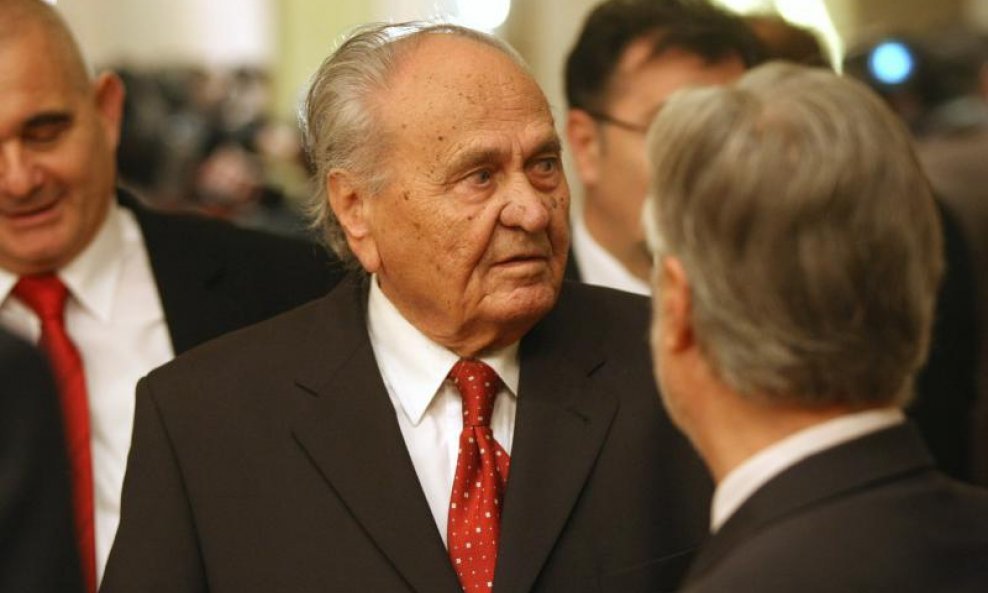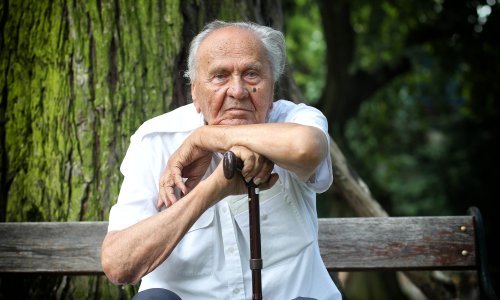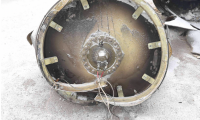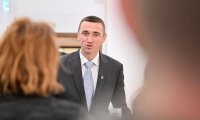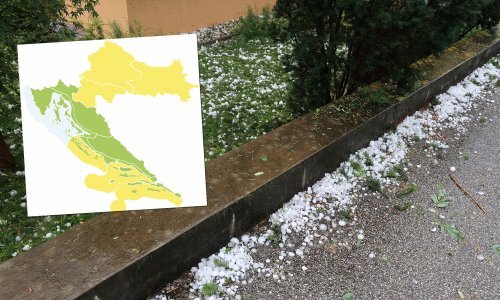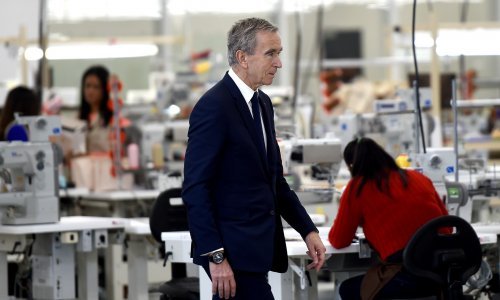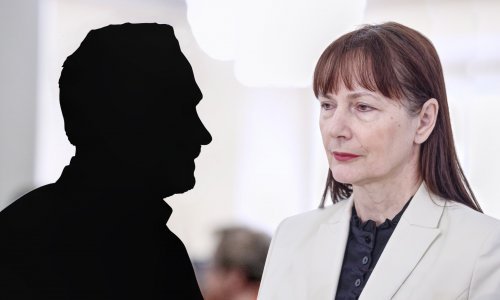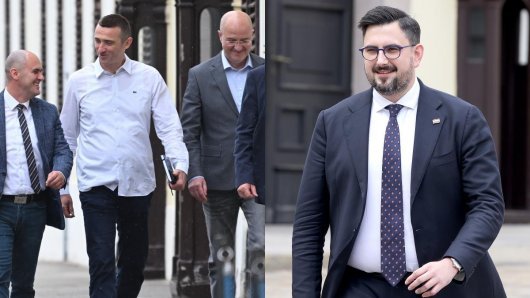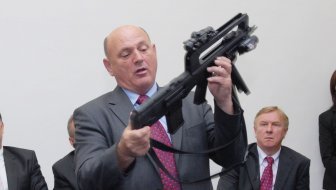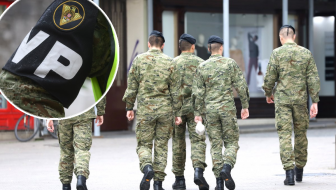Josip Manolic has testified that Tomislav Mercep was the unofficial commander of an Interior Ministry reserve union which unlawfully arrested and mistreated Croatian Serbs and that the state leadership knew something about Serb civilians being taken into custody on the premises of the Zagreb Trade Fair.
Testifying at the Zagreb County Court on Tuesday, Manolic, who was prime minister in 1991, said Mercep was appointed advisor to the interior minister by then President Franjo Tudjman.
Manolic said that although he was not appointed commander of said reserve unit, it was widely known that Mercep, who is on trial for war crimes, commanded it.
He said Mercep had a broad range of undefined powers which were not operative but advisory, but added that he overstepped them, gathering a group of like-minded men from Vukovar and Zagreb with whom he formed an illegal unit that was not part of the Interior Ministry.
Manolic said Mercep compromised the state policy not to provoke the Serb minority.
The witness went on to say that as PM, he found out about the Pakracka Poljana case in September 1991 from a woman who told him her cousin was in detained in a camp there. Manolic said Assistant Interior Minister Smiljan Reljic told him the camp did not exist but that there was a Mercep group arresting people.
Manolic said President Tudjman then ordered that Mercep's group be stripped of authority, but that Mercep did not obey and retreated to Gospic and Crikvenica, where he clashed with the commander of the military police and with the police who threatened to arrest his men.
Manolic said he was appointed to another post in October 1991, but remembered that Mercep "operated for quite some time with his quasi-military or police unit."
He said the events involving Mercep's men prompted then Interior Minister Ivan Vekic to press charges against unknowns, including for the murder of the Zec family from Zagreb. He added the proceedings were dropped because of procedural errors.
According to the witness, Tudjman said he would not charge Mercep because he told him who had killed the Zec family, after which Tudjman made him a member of parliament's upper house.
Manolic said Reljic told him that unlawful arrests were being made in Pakracka Poljana and that he had information about torture and executions. He said Stevan Brajenovic, a man who had been tortured, "mentioned that there was a man of authority there called Mercep and that Mercep's men were torturing (people)."
Manolic said the accused was never discussed at government sessions, but that he believed a question about him and his men was made at a session of the Defence and National Security Council in the context of Tudjman's statement that they were causing political damage.
Responding to a question from defence counsel, Manolic said the members of Mercep's unit had police uniforms and were on the Interior Ministry's payroll but that the group was illegal because it did not exist within the ministry's structure.
Asked by defence counsel why nothing was done in the wake of reports of what was going on, Manolic said the political evaluation was not to prosecute "our people because the enemy would use it against us."



